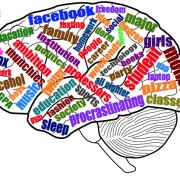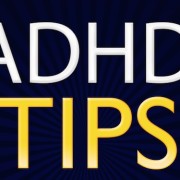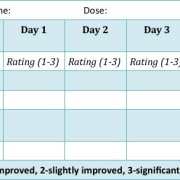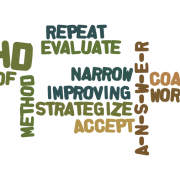Sluggish Cognitive Tempo (SCT)
What was once diagnosed as “ADHD predominantly inattentive type” may actually be better identified as a diagnosis of sluggish cognitive tempo (SCT). Although SCT is not an official diagnosis within the DSM-V, research suggests that it does exist and manifest in ways that are different from inattentive ADHD.
Children with SCT are commonly described as “spacey” or living in a foggy daydream. They tend to stare into space more, appear to be sleepy, and are lethargic and slow-moving. Similarly to those with ADHD, these children miss information from their environment due to their inattentiveness. Like in ADHD, they make more mistakes in following instructions, not, however, due to impulsivity as in ADHD, but rather due to a problem identifying and separating irrelevant from relevant information.
On a positive note, children with SCT tend to experience fewer defiance, social relationship, aggression, and impulsivity problems at home and at school. However, they tend to perform poorly on tasks involving hand-eye coordination, perceptual-motor speed, and memory retrieval over time. They are also more likely than children with ADHD to develop anxiety or depression. Rates of SCT appear to be the same for males and females, unlike the disproportional number of male sufferers of ADHD. Much information regarding treatment has yet to be discovered, as SCT is a relatively new problem recognized by clinical scientists.
Contact Dr. Gordon for help with your ADHD. We have treatment and solutions available online, by phone, and in our offices.
written by: Brianna Malinowski, Jay Gordon, Ph.D
Barkley, R. A. (2013). Taking charge of ADHD: The complete, authoritative guide for parents (3rd ed.). NY: The Guilford Press.
Photo retrieved from: http://loveyourorbit.com/personal-development/slow-down-america-or-else/










